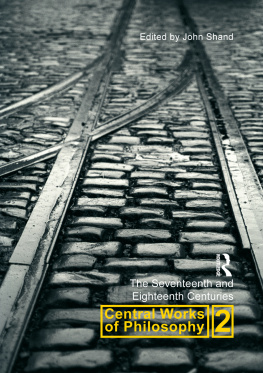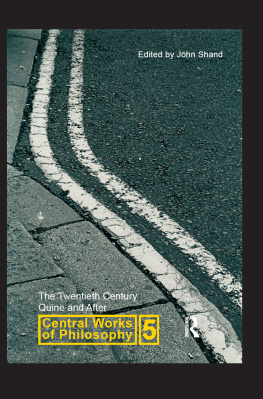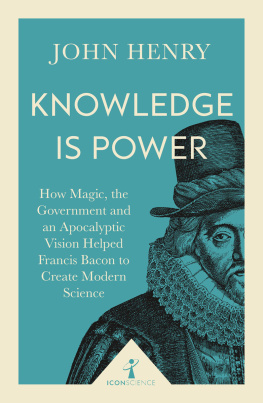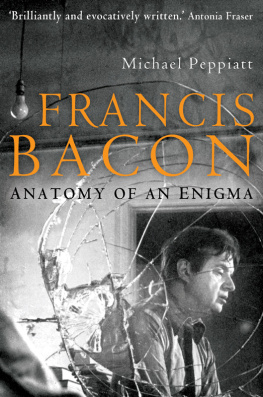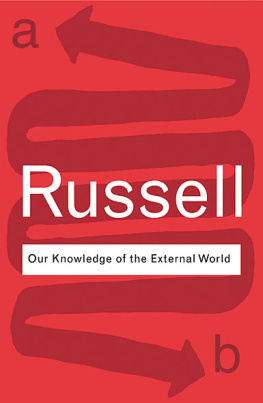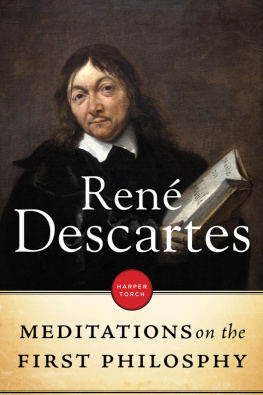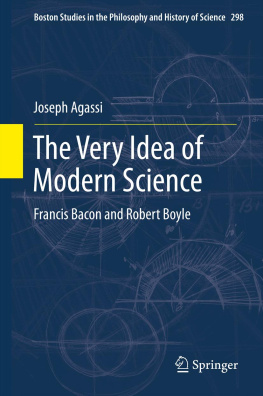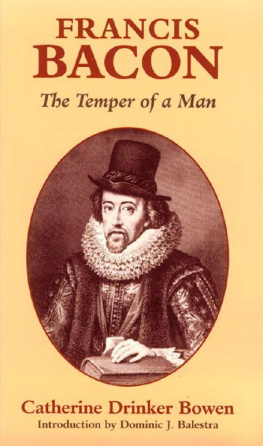Sacred Meditations
By Sir Frances Bacon
Start Publishing LLC
Copyright 2012 by Start Publishing LLC
All rights reserved, including the right to reproduce this book or portions thereof in any form whatsoever.
First Start Publishing eBook edition October 2012
Start Publishing is a registered trademark of Start Publishing LLC
Manufactured in the United States of America
10 9 8 7 6 5 4 3 2 1
ISBN 978-1-62558-534-9
Of the Works of God and Man.
God beheld all things which his hands had made, and lo they were all passing good. But when man turned him about, and took a view of the works which his hands had made, he found all to be vanity and vexation of spirit: wherefore, if thou shalt work in the works of God, thy sweat shall be as an ointment of odours, and thy rest as the sabbath of God: thou shalt travail in the sweat of a good conscience, and shalt keep holy day in the quietness and liberty of the sweetest contemplations; but if thou shalt aspire after the glorious acts of men, thy working shall be accompanied with compunction and strife, and thy remembrance followed with distaste and upbraidings; and justly doth it come to pass towards thee, O man, that since thou, which art Gods work, doest him no reason in yielding him well-pleasing service, even thine own works also should reward thee with the like fruit of bitterness.
Of the Innocency of the Dove, and the Wisdom of the Serpent.
The fool receiveth not the word of wisdom, except thou discover to him what he hath in his heart.
To a man of a perverse and corrupt judgment all instruction or persuasion is fruitless and contemptible, which begins not with discovery and laying open of the distemper and ill complexion of the mind which is to be recured, as a plaster is unseasonably applied before the wound be searched; for men of corrupt understanding, that have lost all sound discerning of good and evil, come possest with this prejudicate opinion, that they think all honesty and goodness proceede th out of a simplicity of manners, and a kind of want of experience and unacquaintance with the affairs of the world. Therefore, except they may perceive that those things which are in their hearts, that is to say, their own corrupt principles, and the deepest reaches of their cunning and rottenness to be thoroughly sounded, and known to him that goes about to persuade with them, they make bin a play of the words of wisdom. Therefore it behoveth him which aspireth to a goodness (not retired or particular to himself, but a fructifying and begetting goodness which should draw on others) to know those points, which be called in the Revelation the deeps of Satan, that he may speak with authority and true insinuation. Hence is the precept, Try all things, and hold that which is good; which endureth a discerning election out of an examination whence nothing at all is excluded out of the same fountain ariseth that direction, Be you wise as serpents and innocent as doves. There are neither teeth nor stings, nor venom, nor wreaths and folds of serpents, which ought not to be all known, and, as far as examination doth lead, tried: neither let any man here fear infection or pollution, for the sun entereth into sinks and is not defiled; neither let any man think that herein he tempteth God, fur his diligence and generality of examination is commanded, and God is sufficient to preserve you immaculate and pure.
Of the Moderation of Cares.
Sufficient for the day is the evil thereof.
There ought to be a measure in worldly cares, otherwise they are both unprofitable, as those which oppress the mind and astonish the judgment, and profane, as those which savour of a mind which promiseth to itself a certain perpetuity in the things of this world; for we ought to be days men and not to-morrows men. considering the shortness of our time; and as he saith, Laying hold on the present day; for future things shall in heir turns become presents, therefore the care of the present sufficeth: and yet moderate cares (whether they concern our particular, or the commonwealth, or our friends) are not blamed. But herein is a two fold excess; the one when the chain or thread of our cares, extended and spun out to an over great length, and unto times too far off, as if we could bind the divine providence by our provisions, which even with the heathen, was always found to be a thing insolent and unlucky; for those which did attribute much to fortune, and were ready at hand to apprehend with alacrity the present occasions, have for the most part in their actions been happy; but they who in a compass, wisdom, have entered into a confidence that they had belayed all events, have for the most part en countered misfortune. The second excess is, when we dwell longer in our cares than is requisite for due deliberating or firm resolving; for who is there amongst us that careth no more than sufficeth either to resolve of a course or to conclude upon an impossibility, and doth not still chew over the same things, and tread a maze in the same thoughts, and vanisheth in them without issue or conclusion: which kind of cares are most contrary to all divine and human respects.
Of Earthly Hope.
Better is the sight of the eye, than the apprehension of the mind.
Pure sense receiving every thing according to the natural impression, makes a better state and government of the mind, than these same imaginations and apprehensions of the mind; for the mind of man hath this nature and property even in the gravest and most settled wits, that from the sense of every particular, it doth as it were bound and spring forward, and take hold of other matters, foretelling unto itself that all shall prove like unto that which beateth upon the present sense; if the sense be of good, it easily runs into an unlimited hope, and into a like fear, when the sense is of evil, according as is said
The oracles of hopes doth oft abuse.
And that contrary,
A froward soothsayer is fear in doubts.
But yet of fear there may be made some use; for it prepareth patience and awaketh industry,
No shape of ill, comes new or strange to me,
All sorts set down, yea, and prepared be.
But hope seemeth a thing altogether unprofitable; for to what end serveth this conceit of good. Consider and note a little if the good fall out less than thou hopest; good though it be, yet less be cause it is, it seemeth rather loss than benefit through thy excess of hope; if the good prove equal and proportionable in event to thy hope, yet the flower thereof by thy hope is gathered; so as when it comes the grace of it is gone, and it seems used, and therefore sooner draweth on satiety; admit thy success prove better than thy hope, it is true a gain seems to be made: but had it not been better to have gained the principal by hoping for nothing, than the increase by hoping for less; and this is the operation of hope in good fortunes, but in misfortunes it weakeneth all force and vigour of the mind; for neither is there always matter of hope, and if there be, yet if it fail but in part, it doth wholly overthrow the constancy and resolution of the mind; and besides, though it doth carry us through, yet it is a greater dignity of mind to bear evils by fortitude and judgment, than by a kind of absenting and alienation of the mind from things present to things future, for that it is to hope. And therefore it was much lightness in the poets to fain hope to be as a counter-poison of human diseases, as to mitigate and assuage the fury and anger of them, whereas in deed it doth kindle and enrage them, and causeth both doubling of them and relapses. Notwithstanding we see that the greatest number of men give themselves over to their imaginations of hope and apprehensions of the mind in such sort, that ungrateful towards things past, and in a manner unmindful of things present, as if they were eve children and beginners, they are still in longing for things to come. I saw all men walking under the sun, resort and gather to the second person, which was afterwards to succeed: this is an evil disease, and a great idleness of the mind.




